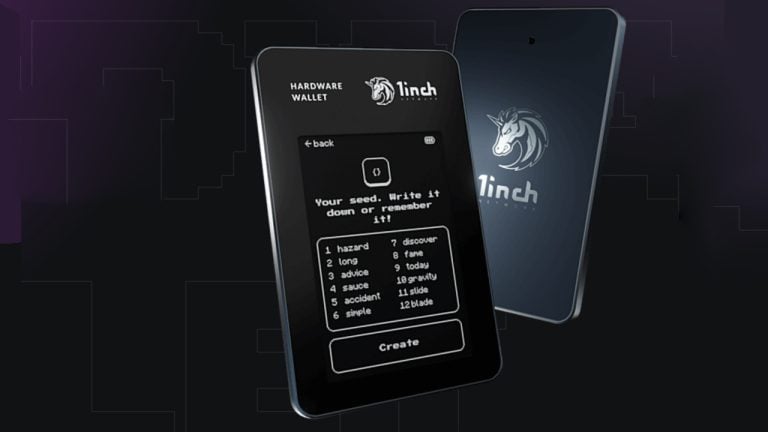
Wyoming's new law ensures that courts won't overstep their authority in requiring individuals to disclose their private keys.
Governor Mark Gordon of the U.S. state of Wyoming recently signed a bill preventing the forced disclosure of private keys in a move to protect the privacy of digital asset owners.
The incoming law reads “No person shall be compelled to produce a private key or make a private key known to any other person in any civil, criminal, administrative, legislative or other proceeding[s].”
To pass as a private key under the law, it must be “held by a person, paired with a unique, publicly available element of cryptographic data, and, associated with an algorithm that is necessary to carry out an encryption or decryption required to execute a transaction.”
From the effective date, courts in Wyoming will no longer compel individuals to provide access to any private keys that grant access to their digital assets, digital identity or any other interests or rights to which the private key provides.
The only exception to this law applies when individuals are required to disclose the ownership or transfer of crypto during any lawful proceeding.
As the United States Congress struggles to put reins on the crypto, there has been an uptick number of cases where courts force the disclosure of cryptographic private keys.
In many of these cases, courts force the disclosure of private keys as part of discovery or other pre-trial motions.
The forced disclosure of private keys by courts fundamentally contradicts how private keys are designed to work.
Private keys are the wrong tools to use for discovery
A private key is an alphanumeric code used to authorize transactions and prove ownership of a blockchain asset. Private keys are encrypted to protect a user from theft and unauthorized access to their digital assets or digital identity.
When a court requests the disclosure of a private key, they ultimately have access to the digital assets and identities protected by the keys.
Jon Callas, the director of technology projects at the Electronic Frontier Foundation, a non-profit defending digital privacy, free speech, and innovation, said the courts “don’t even want the key, they want the data.”
Mary Beth Buchanan, a former federal prosecutor offering her testimony in favor of Wyoming’s private-key disclosure law, said: “The court could order a disclosure or an accounting of all the digital assets that are held.”
Related: DeFi platforms can comply with regulations without compromising privacy — Web3 exec
In an essay, the Blockchain Commons, a non-profit that advocates for open, interoperable, and secure digital asset infrastructure, explained that United States courts are not ready to handle private keys.
Blockchain Commons explained that court staff do not have the necessary experience to protect private keys. With a single private key needing to pass through different hands during a case, it possesses a greater threat to the security of private keys.
Wyoming seeks to protect privacy
U.S. Senator Cynthia Lummis, known for her ardent support of Bitcoin and push for clearer digital asset regulation within the country, has in the past said that privacy is a way of life in Wyoming.
Speaking to Cointelegraph on the bill, Senator Chris Rothfuss, co-chair of a digital asset committee in Wyoming, said that the bill aims to provide “Clarity on the legal status of a private key and how it should be treated by the courts.”
“The intent (of the law) is to clearly protect the privacy interest and property rights of digital asset holders. It is to provide the right line guidelines for courts on the standing of private keys,” Rothfuss explained.
As a state, Wyoming has taken some of the most crypto-friendly approaches to regulate crypto in the United States. Although having the smallest population in the United States, in 2021, Wyoming became the first jurisdiction to acknowledge decentralized autonomous organizations as limited liability business entities.












